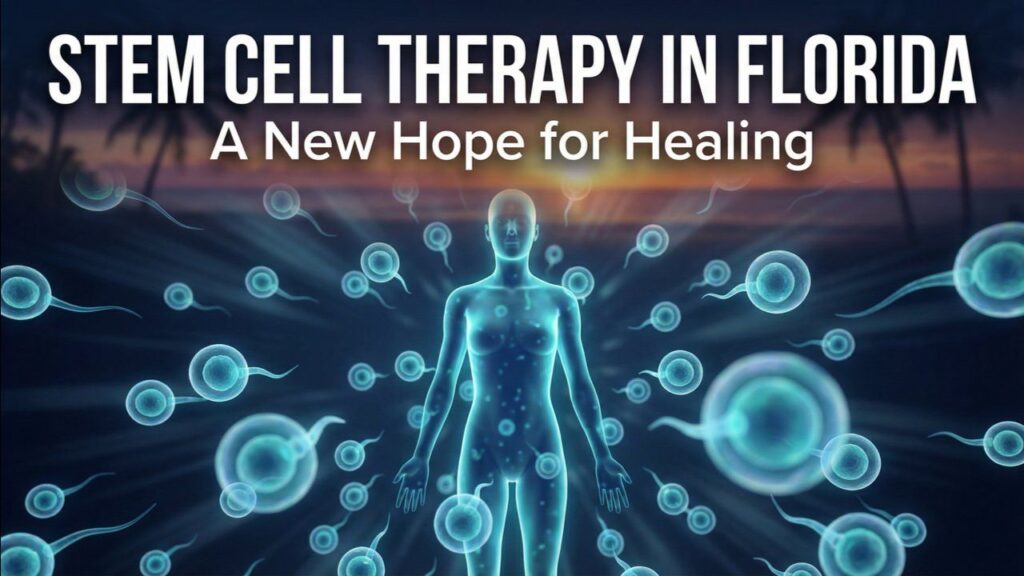In a landmark collaboration, the European Wellness Biomedical Group (EWBG), alongside the European Wellness Academy (EWA), the Baden Research Lab, and Heidelberg University, has achieved significant breakthroughs in Down Syndrome research.
This pioneering study leverages cutting-edge MRI methods to uncover a crucial link between cognitive abilities and brain volume changes in individuals with Down Syndrome, promising new avenues for enhanced quality of life through early intervention techniques.
The research, spearheaded by leaders in bioregenerative medicine, particularly highlights the innovative use of stem cell therapy as a transformative approach to managing and treating Down Syndrome.
Prof. Dr. Mike Chan, a key figure in the study, emphasized the significant potential of these findings: “Our discoveries represent a major step forward in understanding Down Syndrome. With tailored stem cell therapy and other advanced treatments, we foresee a future where individuals can receive highly effective, personalized care.”
The role of the European Wellness Academy is pivotal in providing advanced training for healthcare professionals, ensuring the latest developments in bioregenerative medicine are translated into clinical practices efficiently.
Additionally, Baden focuses on fostering a supportive research environment, enhancing the quality and impact of ongoing studies. Meanwhile, Heidelberg University continues to excel as a global leader in stem cell research and immunology, further driving forward the objectives of this transformative research.
This collaboration sets a new standard in tackling complex neurological disorders and embodies a collective commitment to revolutionizing the care and treatment of Down Syndrome through innovative scientific breakthroughs.
The potential of bioregenerative medicine is being harnessed to great effect, paving the way for a future where effective and tailored care for Down Syndrome is not just a hope but a reality.
This is indeed a watershed moment in the field of neurological research, promising to significantly improve outcomes for those affected by Down Syndrome and potentially other similar conditions.



